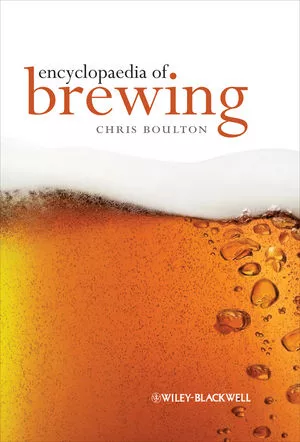Top tips for maintaining a green fleet
How to maintain a fuel-efficient, green fleet
One of the best ways to reduce exhaust emissions and cut fuel costs obviously is to burn less fuel. Although fuel prices have substantially decreased in the past few years and have largely stabilized for now, beverage fleets remain proactive about reducing their fuel consumption. Between route/load optimization and updates to the latest drivetrain technology, the low-hanging fuel-economy fruit has been thoroughly harvested. Among the more common fuel saving strategies reported is the use of factory-installed idle shut-down timers to reduce unnecessary engine idling.
Not only does idling put a significant dent in fuel-economy numbers, but it also increases emissions and adds wear to the engine, speeding up overhaul intervals. However, the downside to limiting the amount of engine idling time can result in an inability to maintain a comfortable cab temperature when the truck’s engine is shut off. In some parts of the country, open windows are sufficient to keep the cab comfortable during the summer months, but in the South and the West that’s not entirely practical. The same goes for the Northern states in the winter. Long popular in the over-the-road truckload freight sector, no-idle solutions for maintaining cab temperatures increasingly are finding a home in local/regional delivery trucks.
For cold weather, one of the simplest solutions is to add a fuel-fired engine heater to the truck’s engine cooling system. Not only do these heaters provide virtually instant heat/defrost capabilities in the cab, they also keep the engine warm enough for easy starting and optimum operating temperature. Although engine idling can burn as much as a gallon of fuel an hour, the fuel-fired heaters can run as many as 10 hours on the same amount of fuel.
Keeping a cab cool in the summer is a bit more complex, but off-the-shelf solutions are available. Long-haul truck sleeper solutions involve some large packaging, but lessons learned on these units have been applied to day-cab solutions. By adding a few extra deep-cycle batteries to the truck’s electrical system, these no-idle A/C systems store energy while the truck is moving, and then use battery power to keep the cab cool when the truck’s engine is shut off.
Speed kills
Maximum operating speed also can have a profound effect on fuel economy, so many fleet managers will spec a truck’s electronic speed limiter to kick in somewhere between 55 and 65 mph. The trouble is that most route delivery operations rarely involve open stretches where top speed becomes a factor.
In practice, how quickly a driver reaches speed can have far more impact on fuel economy than top speed itself, mainly because it’s a far more common occurrence. On many trucks, the same engine control computer that makes top-speed settings possible also can limit acceleration to prevent “jackrabbit” starts. Not only does this save fuel, but it also can dramatically reduce drivetrain damage.
Less miles, more deliveries
Routing and loading optimization is another area where both emissions and fuel consumption can be dramatically reduced. Although improving fuel economy on the road and reducing unnecessary engine idling can get more miles out of a gallon of fuel, one of the easiest ways to save fuel isn’t just traveling miles more efficiently, but eliminating miles altogether.
Optimizing cargo body/trailer configurations, combined with loading and routing to deliver the maximum amount of product while traveling the minimum number of miles, can result in wholesale reductions of emissions and fuel consumption.
Propane: the gasoline alternative
Referred to as “Propane Autogas” when used as a vehicular fuel, propane provides similar range, horsepower, torque and gross vehicle weight capacity to gasoline-powered vehicles. It contains a higher octane rating (105 octane) than gasoline, providing an equal or better performance feel. Although there is a small mpg penalty with propane compared with gasoline, propane’s cost of as much as 40 percent less than gasoline delivers a significant cost-per-mile savings. Another advantage is that many beverage fleets already have propane fueling infrastructure on-site for their forklifts.
ROUSH CleanTech, a leading provider of fully engineered and factory-authorized propane drivetrain conversions, has tested its technology to perform in environmental conditions ranging from -40 to 120 degrees Fahrenheit — making propane more versatile than other alternative fuel options in most climates. Best of all, there’s no added cost for making the engine compatible with propane, just the cost of the fuel system, which is easily offset by the lower fuel cost throughout the life of the vehicle.
On the exhaust emissions side of the green equation, propane produces significantly lower amounts of particulates, carbon monoxide, carbon dioxide, nitrogen oxide, hydrocarbons and other emissions. Propane cuts emissions of toxins and carcinogens, such as benzene and toluene, by as much as 96 percent compared with gasoline. The ROUSH CleanTech powertrain technology for Class 4-7 vehicles recently was certified to the optional low nitrogen oxide (NOx) level of 0.05 grams per brake horsepower per hour (g/bhp-hr), well below the EPA’s latest standard and compliant with CARB’s optional low-NOx standard. BI
Looking for a reprint of this article?
From high-res PDFs to custom plaques, order your copy today!




